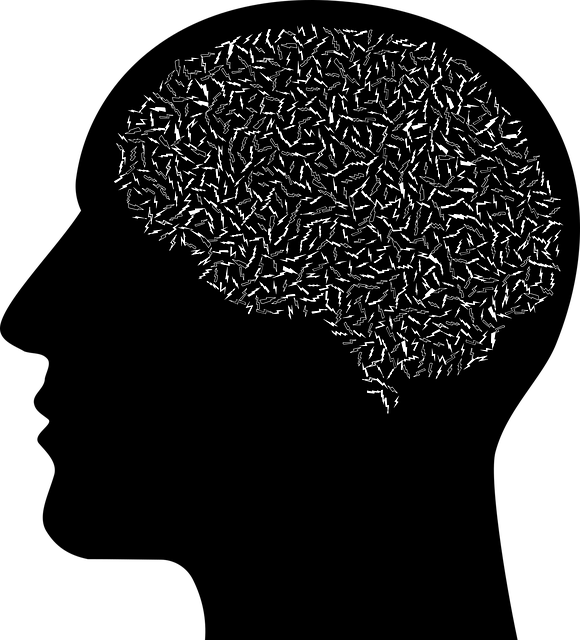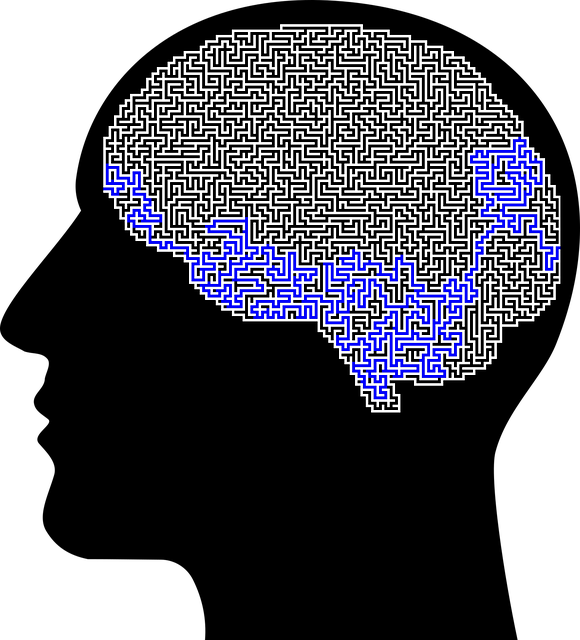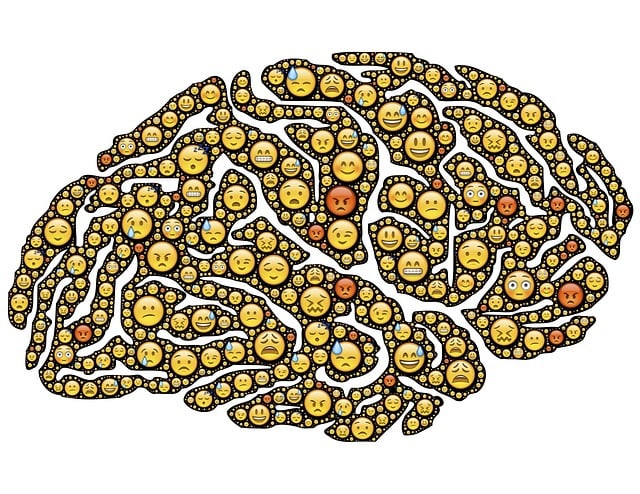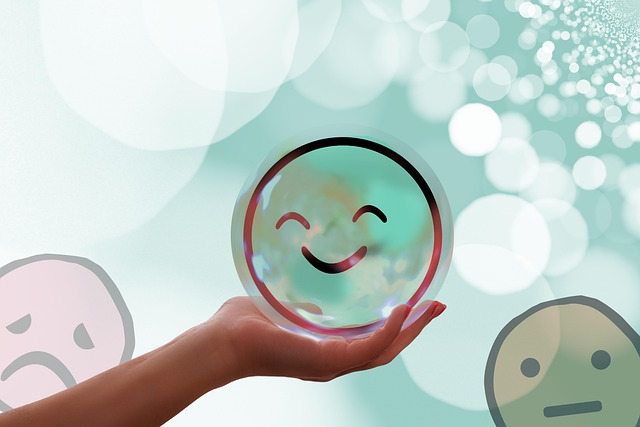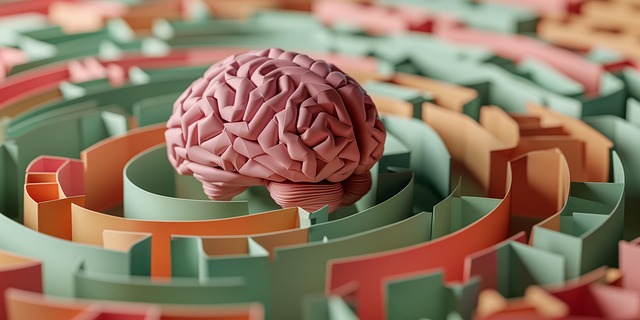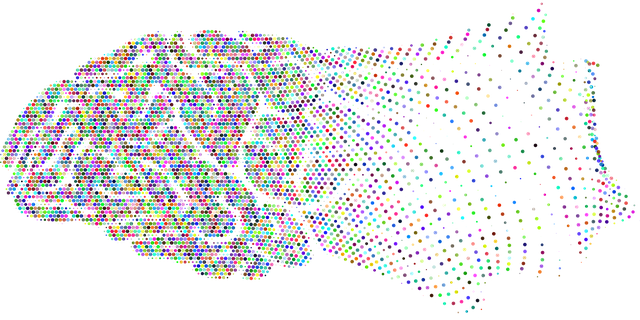Emotional Intelligence (EI), a key driver of personal growth and professional success, is particularly beneficial for individuals with OCD, who can struggle with emotional regulation. Golden OCD therapy combines evidence-based practices and mindfulness meditation to help patients develop EI by cultivating self-awareness, empathy, and adaptability. Through techniques like journaling, CBT, and structured risk management, individuals gain the tools to challenge negative thought patterns, reduce stress, and enhance overall mental wellness. For tailored support, Golden OCD therapy offers valuable insights for managing symptoms and improving emotional intelligence.
Emotional intelligence (EQ) is a powerful tool for enhancing mental well-being and personal growth. This comprehensive guide explores how EQ, beyond simple social skill, acts as a shield against stress and anxiety, fostering resilience in challenging situations. We’ll delve into the science behind EQ, identifying barriers like Golden Obsessive Compulsive Disorder (OCD), and providing practical strategies to boost self-awareness and regulation skills. Learn how to integrate emotional intelligence into daily life for lasting personal transformation.
- Understanding Emotional Intelligence and Its Impact on Mental Well-being
- Identifying and Overcoming Challenges in Developing Emotional Intelligence
- Strategies for Enhancing Self-awareness and Self-regulation Skills
- Integrating Emotional Intelligence into Daily Life: A Comprehensive Guide for Personal Growth
Understanding Emotional Intelligence and Its Impact on Mental Well-being

Emotional intelligence (EQ) is a powerful tool for enhancing mental well-being and overall life satisfaction. It involves recognizing, understanding, managing, and effectively utilizing one’s own emotions, as well as being empathetic towards others’ feelings. This ability to navigate and respond appropriately to emotional experiences plays a significant role in both personal growth and professional success. For individuals dealing with conditions like Obsessive Compulsive Disorder (OCD), developing emotional intelligence can be transformative. Golden OCD therapy emphasizes the importance of EQ as a coping skill, helping individuals gain insight into their emotions and break free from the cycle of obsessions and compulsions.
By practicing mental wellness journaling exercises and engaging in activities that foster confidence boosting, people with OCD can improve their emotional resilience. This process involves learning to identify and challenge negative thought patterns, replacing them with more realistic and balanced perspectives. Additionally, developing coping skills through EQ training enables individuals to better manage stress, reduce anxiety, and enhance overall mental wellness.
Identifying and Overcoming Challenges in Developing Emotional Intelligence

Building emotional intelligence (EI) is a rewarding journey, yet it’s not without its hurdles. Many individuals struggle to identify and manage their emotions effectively due to various challenges. One common obstacle is the presence of conditions like Obsessive-Compulsive Disorder (OCD), which can significantly impact emotional regulation. Golden OCD Therapy offers valuable tools to navigate these complexities. By combining evidence-based practices with mindfulness meditation, individuals can learn to observe their thoughts and emotions without judgment, fostering a healthier relationship with their feelings.
Integrating mind over matter principles is another critical aspect of EI development. Emotional healing processes involve confronting and processing past traumas or negative experiences that may be holding you back. Through dedicated practice, one can cultivate self-awareness, empathy towards oneself and others, and the ability to adapt to changing circumstances. This transformative journey requires patience, persistence, and a willingness to embrace new perspectives on emotional well-being.
Strategies for Enhancing Self-awareness and Self-regulation Skills

Building emotional intelligence involves nurturing both self-awareness and self-regulation skills, which are cornerstones of mental wellness. Self-awareness, the practice of understanding your emotions and their impact on thoughts and behaviors, can be cultivated through introspection and mindfulness exercises. Taking time to reflect on one’s feelings, triggers, and responses allows for a deeper comprehension of oneself. Mental wellness coaching programs development often incorporates techniques such as journaling, meditation, or cognitive behavioral therapy (CBT) to enhance this aspect.
Self-regulation, the ability to manage emotions and impulses effectively, can be improved through structured risk management planning for mental health professionals. Setting clear boundaries, prioritizing self-care activities, and employing healthy coping mechanisms are key strategies. For instance, those struggling with symptoms similar to Obsessive Compulsive Disorder (OCD) can benefit from Golden OCD therapy, which focuses on modifying thoughts and behaviors associated with the condition. Developing inner strength involves recognizing one’s resilience and using it to navigate life’s challenges, fostering a more balanced and emotionally intelligent mindset.
Integrating Emotional Intelligence into Daily Life: A Comprehensive Guide for Personal Growth

Integrating emotional intelligence (EI) into daily life is a powerful tool for personal growth and overall mental wellness. It involves recognizing and understanding your emotions, as well as those around you, to foster healthier relationships and make more thoughtful decisions. This isn’t about becoming overly sensitive; it’s about developing self-awareness and empathy, which are key components of effective communication and conflict resolution techniques.
By incorporating EI practices into your routine, you can reduce anxiety and stress levels, enhance your emotional resilience, and even improve your professional interactions. Start with simple exercises like mindful breathing or journaling to reflect on your emotions. Learn conflict resolution techniques that prioritize understanding over criticism. And remember, seeking help from a therapist specializing in Golden Obsessive Compulsive Disorder (OCD) therapy can offer valuable insights and tools tailored to your needs, ultimately promoting anxiety relief and improved emotional intelligence.
Emotional intelligence is a powerful tool for enhancing mental well-being and personal growth. By understanding its impact, identifying challenges, and employing effective strategies like increased self-awareness and regulation, individuals can navigate life’s complexities with greater ease. Integrating emotional intelligence into daily routines offers a transformative path, fostering healthier relationships and overall fulfillment. This comprehensive guide serves as a roadmap to unlock one’s potential, promoting a more balanced and fulfilling life, even for those facing conditions such as Obsessive Compulsive Disorder (OCD).


